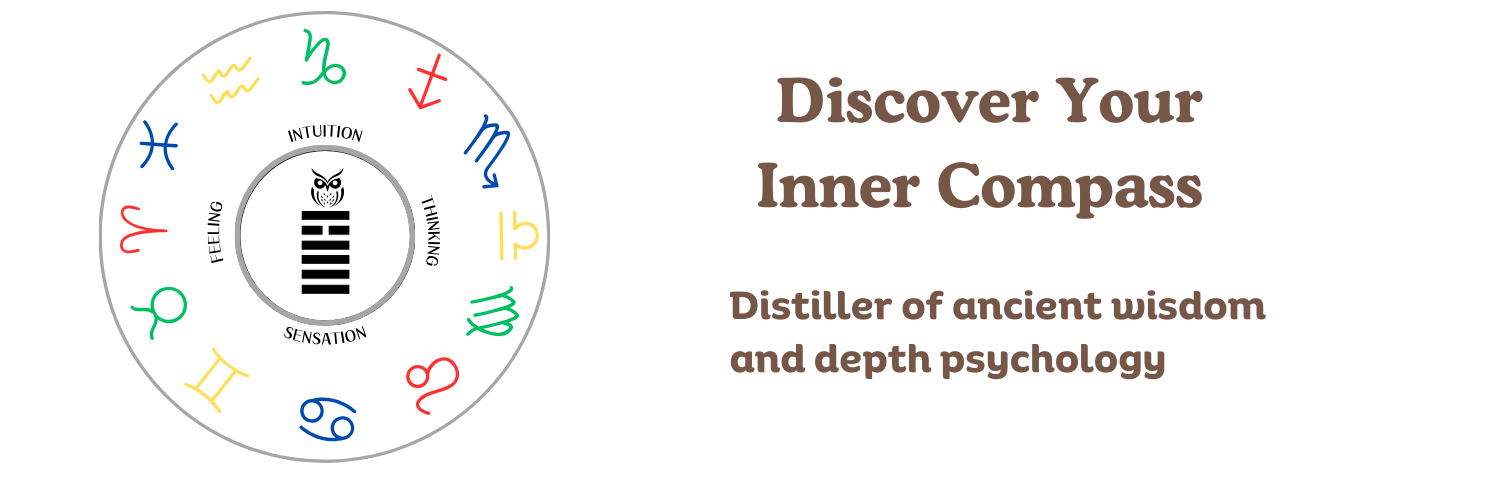Now we come to the fourth and final temperament: air (or sanguine).
John Frawley summarizes the four temperaments as follows: “The sanguine [air] wants to think; the choleric [fire] wants to act; the melancholic [earth] wants to have and to hold. What the phlegmatic [water] type wants is to feel.”
The air temperament relates to the spring season and is comprised of hot and wet qualities.
Here is a nice list of phrases about the sanguine/air temperament from Dorian Greenbaum’s book Temperament: Astrology’s Forgotten Key:
- Never met a party they didn’t like.
- Networking is an art form.
- Speak first – think afterwards.
- New places are wonderful – never want to travel to the same place twice.
- Life is a popularity contest.
Linda Berens describes the air/sanguine temperament as Artisan in her temperament system and says the core needs of this temperament are the “freedom to act on impulse’ an “ability to make an impact.” She associates this temperament with ISTP, ISFP, ESTP, and ESFP.
One of my favorite examples of a pure air/sanguine type is tennis legend Steffi Graf. Most people have a compound temperament where two types are dominant. She is that rare person who is 100% sanguine. And yet, it doesn’t seem that any of the stereotypical descriptions of air apply to her. She is reserved, rarely gives interviews, is content to be behind the scenes. Therefore ISTP or ISFP might be a likely MBTI type for her. By contrast, Queen Victoria, another triple Gemini, was close to 100% sanguine/air and the more typical descriptions do seem to apply to her.
This goes to show that you may not see temperament in a person’s nature. Temperament is separate from personality. After you calculate temperament you then look at the natal chart for those qualifying factors that bring a decided introverted or extraverted tone to the personality. The placement of Saturn in the chart and aspects to Mercury, the house placement of the Moon, and several other factors need to be taken into account. The MBTI type also helps give additional insight. That is why, going forward, I will occasionally post a temperament analysis of a famous person that takes these additional factors into account. I will, of course, start with Carl Jung. Stay tuned!
